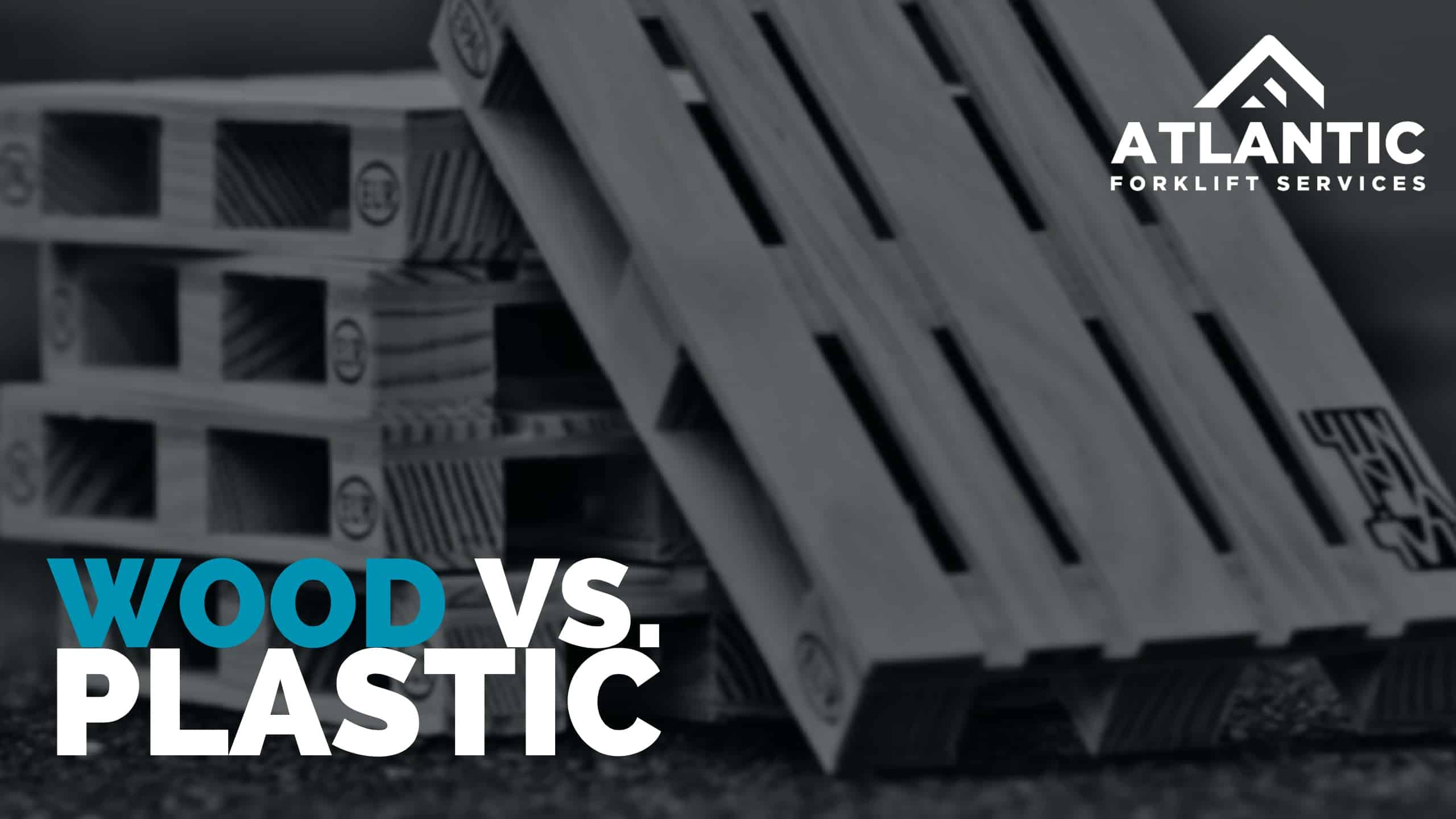 Pallets. They’re all the same, right?
Pallets. They’re all the same, right?
Sort of.
Developed in the early 1920’s to aid in the moving of large materials, the invention of the pallet is considered one of the most important developments in the global economy, so much more than the seemingly cobbled together series of planks found under more important stuff.
An article in a 1931 rail magazine emphasized the importance of the pallet by spelling out the advantage. According to the article, a boxcar loaded with 13,000 cases of unpalleted goods used to take three days.
Strap that load to pallets, and the boxcar was empty in only four hours.
The pallet remained mostly unchanged for decades, and now plastic pallets are being used more regularly in warehouses and facilities across the world.
What are the pros and cons of plastic over wood?
WOOD:
Low cost. Wooden pallets are just cheaper than plastic, plain and simple. They’re easy to repair, provided the damage isn’t too severe (see below). They’re rough surface tends to keep loads in place, and they can handle heavy loads.
However, they are easily badly broken and their lifespan can be short depending on use.
And bugs. They can be subject to infestations, moisture can warp the wood, rendering the pallet unusable, and they are hard to clean.
PLASTIC:
There’s a reason operations that manage the movement of materials more often than not choose wooden pallets. Plastic pallets are more expensive.
But they also last longer. They weigh less than wooden pallets, reducing shipping costs. They’re weather resistant (moisture and heat- no problem) and if they’re made a certain way they are recyclable.
However- plastic pallets cannot be repaired. If it breaks, it’s over. They can’t handle the heavy weights a wooden pallet can bear, and they are not bio-degradable, a factor that’s of growing importance.
Finally, they can be slippery, allowing loads to move and shift during shipping if not handled properly.
If you’re in the pallet-buying position, this is what you have to consider before you pull the trigger on large loads of pallets. If you’re able to consider more than your bottom line, the benefits of one over the other might make wooden or plastic more advantageous.
Our experts know more about these things than most, and can help you make an informed decision. Do not hesitate to reach out at (704) 842-3242.
